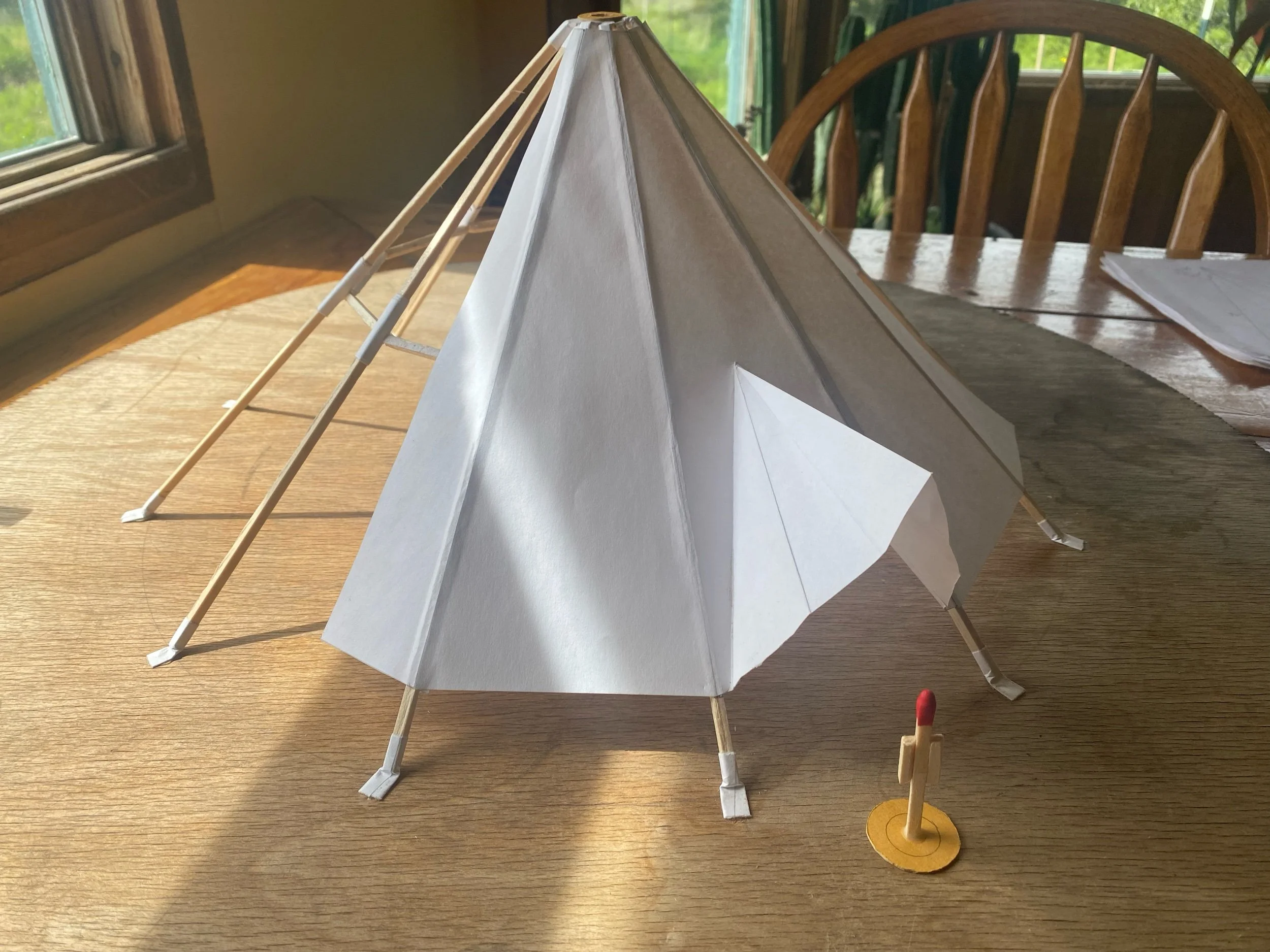FEEDING UKRAINIAN REFUGEES:
We’re building our wood fired industrial kitchens in Ukraine to provide hot meals and clean water once the gas and electricity are shut off or prohibitively expensive going into winter.
FEEDING REFUGEES IN TIJUANA:
We set up our field kitchen on the border of Mexico to provide hot meals and supplies for the refugees and residents in Tijuana, Mexico.
HURRICANE HARVEY:
We served 10,000 free hot meals in a month to the lowest income communities around Houston Texas following the historic floods caused by Hurricane Harvey. This video shows what we did, how we did it and introduces the idea of radical transparency by showing photos of every receipt and every donation:
THE BATON ROUGE FLOOD:
In 2016 Altruist Relief fed people in cooperation with FFRE and Organic Valley after the flood in Baton Rouge, LA.
Syrian Refugee Camps in Lesvos, Greece:
Lucid and Tea volunteered at Syrian refugee camps on the island of Lesvos, Greece to assess the viability of setting up a duplicate of the Altruist Relief project as a refugee camp in Europe. They worked at LATRA, an architectural & engineering design organization within the larger UN run camp for families, and at No Borders Kitchen, a refugee camp run by anarchists in a series of abandoned warehouses accepting overflow from the Moria camp for men.
Standing Rock:
In the fall of 2016 Altruist Relief took a group of Natives from New Orleans, LA to Standing Rock near Cannon Ball, ND and set-up a large scale kitchen in one of our first prototypes of our Rapid Response Field Tents.
Our Crew at Camp Oceti Sakowin in October, 2016.
Living At Standing Rock:
In November 2016 Lucid and Tea returned to Standing Rock with seven donated tipis, and lived in a winterized tipi until the middle of December in temperatures as low as -25°F.
Nicaraguan Coffee Farms:
Lucid worked with NAMLO in 2015 to help coffee farmers grow vegetables inside of mesh tents that acted as a physical barrier to insects so that the farmers wouldn’t need to use pesticides.

